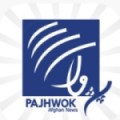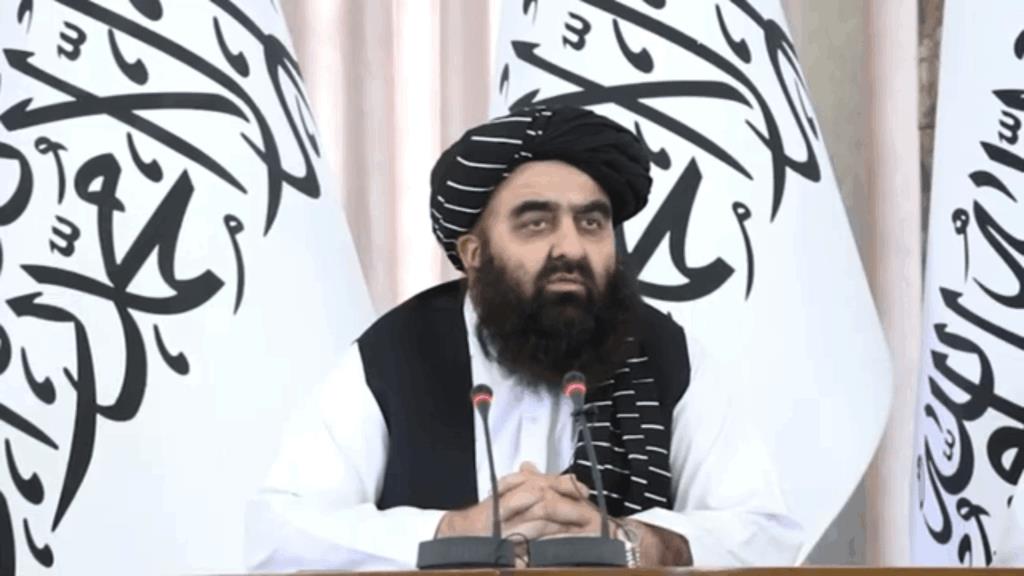
IEA To UN: Keep Humanitarian Matters Separate From Politics
KABUL (Pajhwok): Foreign Minister Mawlawi Amir Khan Mutaqi has criticized the absence of Islamic Emirate of Afghanistan (IEA) representatives from humanitarian activities conducted by UN agencies and emphasized that international organizations should keep humanitarian issues away from political matters.
Speaking at the fifth coordination meeting between IEA sectoral ministries and UN agencies in Afghanistan, Mutaqi said,“Fortunately, by the grace of Allah, security has been established across the country, and access to humanitarian aid is now more possible than ever.”
He stressed the need for comprehensive and timely support for people in need and for aid to be used in ways that positively and sustainably impact Afghanistan's economic growth, domestic capacities, and markets.
While the IEA appreciates humanitarian assistance from all sides, Mutaqi noted that such aid typically addresses short-term and urgent needs.
He emphasized the importance of long-term support to help people become self-reliant and benefit from an opportunity-filled future. This, he said, requires a focus on infrastructure, reconstruction, vital projects, and strengthening the private sector.
Mutaqi highlighted that Afghanistan's 40-year war has caused widespread damage, and the country now needs to recover from these adversities. Over the past four years, the IEA has focused on long-term development and self-sufficiency, but continued international support is essential for infrastructure and development projects.
He identified key challenges requiring significant resources, including the return of refugees, coping with climate-related disasters, reducing poverty and unemployment, drug rehabilitation, and providing alternative livelihoods for farmers.
Mutaqi said that although the IEA has managed these challenges within existing capacities, international assistance remains insufficient.
He criticized some countries and organizations for politicizing humanitarian issues, which undermines aid efforts.
“The Islamic Emirate has ensured nationwide access for humanitarian aid, and it is our policy that aid should not be politicized,” he said.“Many claim not to mix politics and humanitarian work, yet in practice, they do.”
He gave examples, noting that UN agencies such as UNICEF, UNHCR, UNDP, and the International Atomic Energy Agency have central offices abroad, with other countries having permanent representation and participation in meetings. Yet, despite Afghanistan's greater need for aid and coordination, it has no representation in these agencies and is excluded from international meetings-demonstrating how humanitarian issues are politicized in practice.
Mutaqi also criticized the treatment of Afghan refugees by some countries, calling it inhumane.“In this cold winter season, people are forced from their homes, yet borders remain closed. Is this not a clear violation of international refugee principles? Is this not a grave injustice against women, children, and the elderly?”
He concluded by urging international organizations and relevant parties to separate humanitarian issues from political matters, allowing IEA representatives to actively participate in UN humanitarian activities without delay.
sa/ma

Legal Disclaimer:
MENAFN provides the
information “as is” without warranty of any kind. We do not accept
any responsibility or liability for the accuracy, content, images,
videos, licenses, completeness, legality, or reliability of the information
contained in this article. If you have any complaints or copyright
issues related to this article, kindly contact the provider above.
















Comments
No comment